Retail stores part of Apple marketing plan as far back as 1976, says Silicon Valley ad whiz
Apple began formulating a strategy for direct-to-consumer sales from a nationwide chain of first-party brick-and-mortar retail stores as many as 25 years before the first Apple Store opened in 2001, according to a new report.
"I had actually presented this [idea of retail outlets] to Apple a couple of times," early Apple marketing guru Regis McKenna said during an appearance at the Computer History Museum which was documented by CNET. "I had talked about putting them in different parts of the country."
McKenna said his concept initially called for outlets that focused on sales and training for large corporate customers, with the idea that the division would gradually transition toward retail sales to consumers. Conversely, modern-day Apple stores are geared toward consumers while offering limited business-focused services like the popular Joint Venture program.
That path has made Apple's retail empire the most profitable in the world. The company's 422 stores in 14 countries posted $4.5 billion in revenue last year and consistently outpace all other chains on a revenue-per-square-foot basis.
Apple's pairing with McKenna, a legendary figure in Silicon Valley who was instrumental in Apple's launch as well as those of now-storied companies like Intel, 3Com, and Microsoft, nearly ended before it began.
Recalling a 1976 meeting with Apple co-founders Steve Jobs and Steve Wozniak, McKenna said that he initially turned down Apple's business and only relented after bearing the brunt of Jobs's famous persistence.
"Steve called back probably 40 times that night," McKenna said.
 Shane Cole
Shane Cole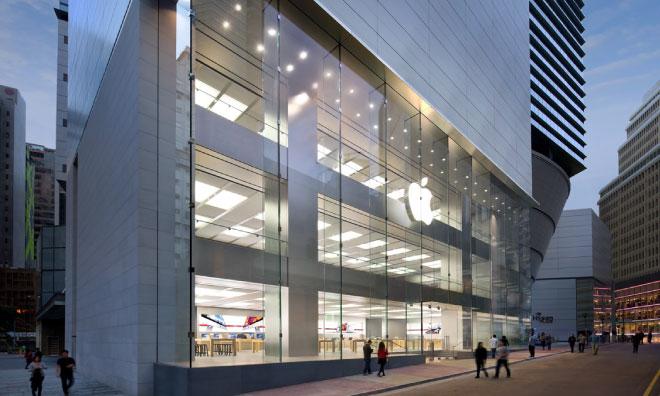



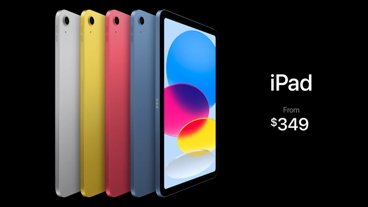







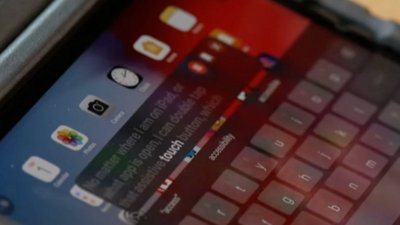
 William Gallagher
William Gallagher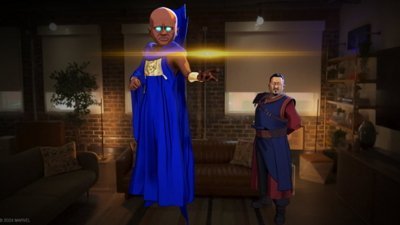
 Malcolm Owen
Malcolm Owen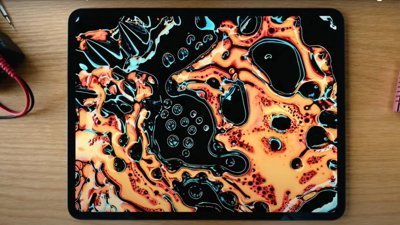
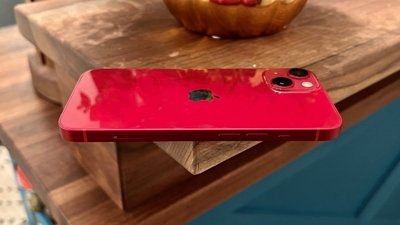
 Andrew Orr
Andrew Orr

 Mike Wuerthele
Mike Wuerthele


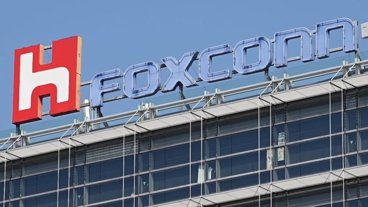








8 Comments
This would have been just too early, in my opinion.
First the whole strategy of combining hardware and software plus third party massive involvement had to be completed.
Therefore the Apple timing was particularly accurate and made it successful.
[quote name="Alex Wermeille" url="/t/161940/retail-stores-part-of-apple-marketing-plan-as-far-back-as-1976-says-silicon-valley-ad-whiz#post_2468884"]This would have been just too early, in my opinion. First the whole strategy of combining hardware and software plus third party massive involvement had to be completed. Therefore the Apple timing was particularly accurate and made it successful. [/quote] I agree! 1976 seems way too early! Circa Apple I. Those were the days where microcomputers were a hobbyist thing... You built or assembled your own. You wrote any programs you needed, yourself (or contracted someone to do it for you). There were a few nascent "business" microcomputers such as Cromemco, IMSAI, PolyMorphic, North Star (Kentucky Fried Computer)... But the Apple I and initial 1977 Apple ][ were not considered "business" computers. The 1979 release of VisiCalc changed that! It seems odd that Regis (himself) was pushing stores catering to business use to the 2 Steve's in 1976!
You’re just glad they didn’t put your store out of business.
[quote name="Dick Applebaum" url="/t/161940/retail-stores-part-of-apple-marketing-plan-as-far-back-as-1976-says-silicon-valley-ad-whiz#post_2468900"] I agree! 1976 seems way too early! Circa Apple I. Those were the days where microcomputers were a hobbyist thing... You built or assembled your own. You wrote any programs you needed, yourself (or contracted someone to do it for you). There were a few nascent "business" microcomputers such as Cromemco, IMSAI, PolyMorphic, North Star (Kentucky Fried Computer)... But the Apple I and initial 1977 Apple ][ were not considered "business" computers. The 1979 release of VisiCalc changed that! It seems odd that Regis (himself) was pushing stores catering to business use to the 2 Steve's in 1976![/quote] I happen to know that the [I]Tomales Bay Times[/I] "alternative" newspaper was done on a NorthStar 'round about 1976. I wonder if she (the founder) got it from you. Was there a store closer to West Marin than yours?
[quote name="Tallest Skil" url="/t/161940/retail-stores-part-of-apple-marketing-plan-as-far-back-as-1976-says-silicon-valley-ad-whiz#post_2468939"][QUOTE] I agree! 1976 seems way too early! Circa Apple I.[/QUOTE] You’re just glad they didn’t put [I]your[/I] store out of business. ;) [/quote] Nah! Before we opened the store, my 2 partners and I did a fairly detailed analysis of where we thought our sales would come from. It was August 1978: Mark had managed a retail computer store for about 8 months. Jim and I each had 14 plus years working for IBM in Marketing and Support for maimframes. Our analysis showed that there were 3 potential market segments: [LIST=1] [*] hobbyist [*] home/personal [*] business [/LIST] Hobbyists, generally, wouldn't be buying from the type of store we planned on being -- solution oriented. But, the hobbyists were a great source of information, and like the 2 Steves, tended to push the tech envelope... So, we catered to them, hosted user groups, references for programming, hardware,,, Home/Personal was the immediate [B][I]big potential[/I][/B] in 1978 -- similar to the guys that bought $1,200 VCRs and $150 Cassette Recorders. Many justified their purchase with the [B][I]potential[/I][/B] that they could eventually use a personal computer to help with their job or business interests. There really weren't any business uses for Apple ][ and other micros in 1978. About the only thing from Apple was a kinda' database* program written in BASIC -- best used for things like contact lists. * I don't remember what it was called -- but it was free (and buggy). Rumor had it that it was written by Mike Markkula's oldest son's father :D My partner Mark was a wizard on the Apple ][ -- he could make it sing. Sometime in November-December 1978, AIR, Mark became a beta tester for VisiCalc... [B][I]Whamo! [/I][/B] By the time VisiCalc was released, we were ready for it. While all the other dealers bitched about the high price of the software ($79) -- we were using it to sell $3,500 solutions (Apple ][, Display, Printer, etc.). Then, later, networks and shared HDDs. In those days, a typical business had a lead time of 18-24 months to get an application implemented on the maimframe computer... No way, could a department do a timely market analysis, price/forecast... Most department managers ** had a discretionary budget -- and didn't need to get upper management approval for anything under $5,000. So, this VisiCalc-based solution was an easy sale. ** For some reason, the Managers at Xerox PARC were limited to $1,000... So we sold them piecemeal: a case, a motherboard, a keyboard, RAM (assembled it for free)... Every major business in Silicon Valley was buying or renting Apple ][s et al -- just so they could run VisiCalc.